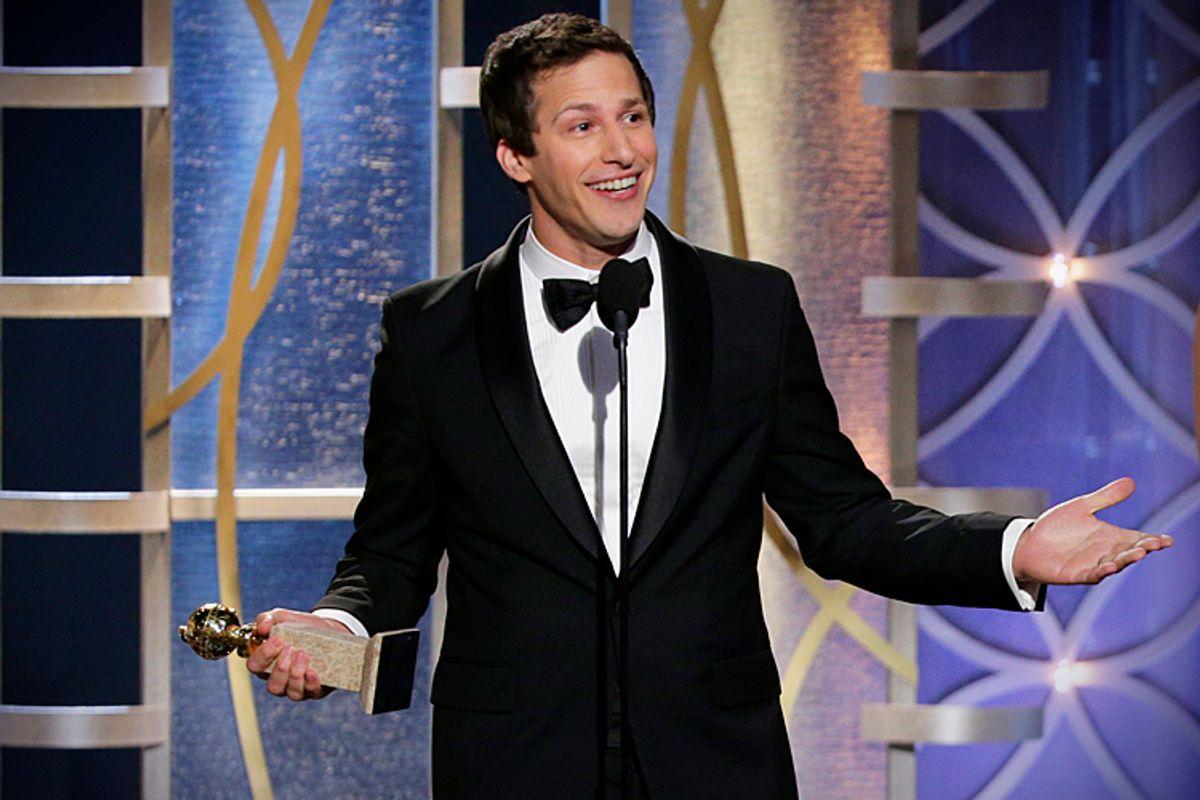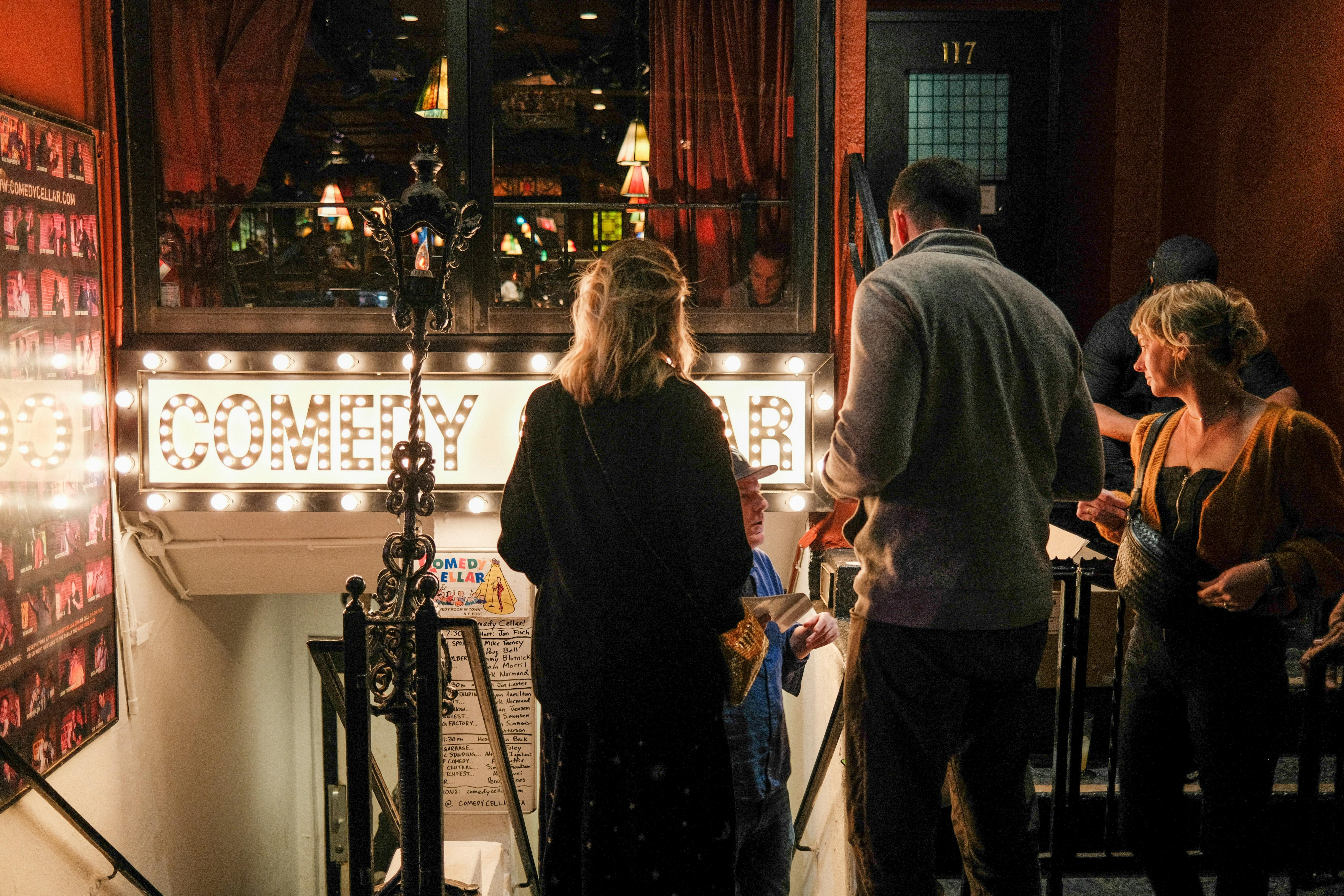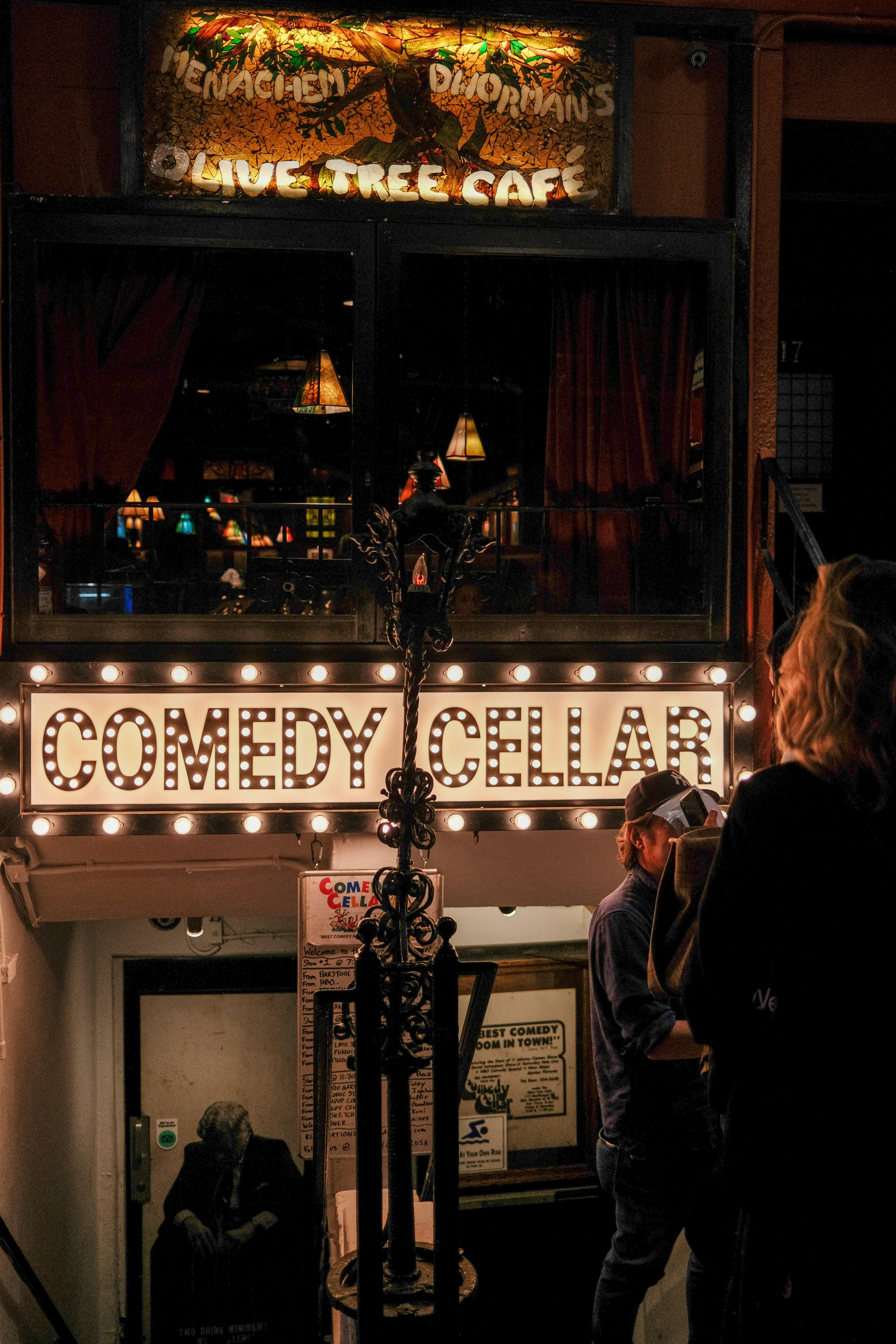In the world of entertainment, few accolades carry the prestige and recognition of the Oscars and the Emmys. These awards have long been considered the pinnacle of achievement in film and television, celebrating the finest in artistic and technical excellence. However, a recurring debate within the industry questions whether comedy, as a genre, receives the respect and acknowledgment it deserves in these esteemed ceremonies. While dramas and intense narratives often dominate the spotlight, comedy—a genre that requires a unique blend of timing, wit, and creativity—frequently finds itself sidelined. This article delves into the dynamics of this debate, examining the historical trends, underlying biases, and potential implications of elevating comedy to a more prominent position within these prestigious awards. By analyzing past winners, industry perspectives, and audience expectations, we aim to explore whether comedy should indeed command more respect at the Oscars and Emmys.
Historical Overview of Comedys Recognition in Award Shows
Comedy has historically occupied a precarious position within the realm of prestigious award shows, such as the Oscars and Emmys. In the early years of these awards, comedic performances were often sidelined in favor of dramatic works, which were perceived as more serious and artistically valuable. Notable comedic films and television shows were frequently relegated to the “Best Screenplay” or ”Best Supporting” categories, while dramatic works dominated the coveted “Best Picture” and “Best Actor/Actress” accolades. This trend suggested an underlying bias, perhaps rooted in the belief that comedy, by its very nature, was less challenging or significant than drama.
Despite these historical trends, there have been instances where comedy broke through the traditional barriers. Some landmark moments include:
- The 1977 win of “Annie Hall” for Best Picture at the Oscars, which signaled a rare acknowledgment of comedic genius.
- More recent recognition of television comedies like “The Marvelous Mrs. Maisel” at the Emmys, demonstrating a shift in appreciation for the genre.
Yet, these are often seen as exceptions rather than the norm, leading to ongoing debates about whether comedy receives its due respect compared to its dramatic counterparts. The challenge remains in redefining the metrics by which comedic art is judged, ensuring it is celebrated not just for its entertainment value but also for its craft and cultural impact.

Analyzing the Criteria: How Comedy is Judged Differently
In the realm of entertainment awards, comedy often finds itself evaluated through a distinct lens, contrasting sharply with its dramatic counterparts. The criteria for judging comedy are multifaceted and can sometimes appear subjective, which contributes to its varied reception at prestigious award ceremonies. Humor’s inherent subjectivity poses a significant challenge; what one audience finds hilarious, another might find banal. This discrepancy can lead to comedy being perceived as less “serious” or impactful compared to drama, which often deals with overtly grave themes.
Moreover, comedic performances and scripts are frequently assessed on elements such as timing, delivery, and originality. These criteria can be overshadowed by the intense emotional weight that dramatic roles typically carry, which traditionally resonate more with award panels. Considerations unique to comedy include:
- Timing and Pacing: The rhythm of comedic delivery can make or break a performance.
- Innovation: The originality of the humor and its execution can distinguish a piece in the comedic genre.
- Cultural Relevance: Comedy often reflects current societal norms and taboos, making its resonance time-sensitive.
These elements demand a nuanced understanding and appreciation that can often be overlooked in favor of more universally acknowledged dramatic benchmarks.

Impact of Genre Bias on Comedic Talent and Productions
The entertainment industry has long grappled with the challenge of recognizing comedic talent on par with its dramatic counterparts. This genre bias often relegates comedy to a lesser status, impacting both performers and productions in several ways:
- Recognition Disparity: Comedic actors and directors frequently find themselves overshadowed by dramatic works when it comes to awards recognition. Despite the skill and timing required to elicit laughter, the subtlety of comedic performances is often undervalued.
- Resource Allocation: Productions focusing on comedy may face budgetary constraints as they are not seen as “prestige” projects. This can limit the scope and innovation within the genre, impacting the quality and diversity of comedic content available.
- Perception of Value: The perception that comedy is a ‘lighter’ or less significant form of storytelling can discourage investment and exploration within the genre, stifling the potential for groundbreaking work that challenges societal norms.
By addressing these biases, industry stakeholders can create a more balanced and equitable landscape that acknowledges the cultural and artistic value of comedy. This shift could pave the way for a broader appreciation of the craft, ultimately leading to a richer and more diverse tapestry of entertainment.

Recommendations for Elevating Comedys Status in Prestigious Awards
To ensure comedy receives the recognition it deserves at prestigious awards like the Oscars and Emmys, several strategic changes could be implemented. First, expanding the categories dedicated to comedy could provide a more nuanced appreciation of its diverse forms, from satire to slapstick. By introducing categories such as Best Comedic Ensemble or Best Stand-Up Performance, these awards could highlight the unique skills and collaborative efforts involved in comedic productions.
Furthermore, increasing the representation of comedic professionals within voting bodies could foster a more inclusive and informed evaluation process. This would ensure that those who understand the intricacies of comedic timing and delivery have a voice in determining nominees and winners. Additionally, hosting dedicated events or panels focusing on the craft of comedy during awards season could educate and engage audiences and industry professionals alike, elevating the genre’s status and appreciation.
To Wrap It Up
the question of whether comedy should receive more respect at prestigious award ceremonies like the Oscars and Emmys is a multifaceted issue that warrants careful consideration. Comedy, with its unique ability to both entertain and provoke thought, plays a vital role in the cultural landscape. While historically overshadowed by drama in terms of accolades and recognition, the evolving tastes of audiences and the increasing complexity of comedic narratives suggest a shifting paradigm. As we continue to evaluate the criteria by which excellence in entertainment is judged, it is crucial to acknowledge the skill and creativity inherent in comedic works. Recognizing comedy’s contributions on equal footing with drama could not only enrich the diversity of stories celebrated but also encourage a broader spectrum of creative expression within the industry. Ultimately, the conversation surrounding comedy’s place at the Oscars and Emmys serves as a reflection of the broader dialogue about what we value in storytelling and the diverse forms it can take.
